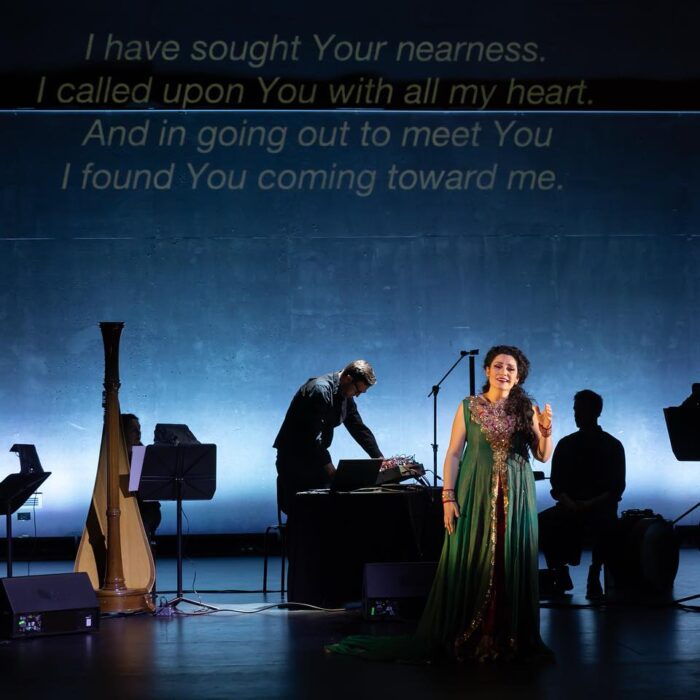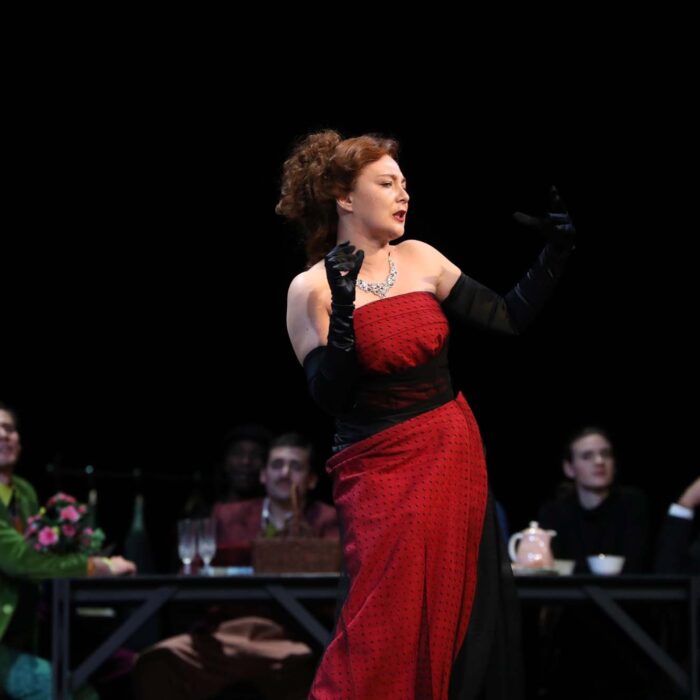
On This Day: Élisabeth Claude Jacquet de La Guerre is Born
By John VandevertOn March 17th, 1665, French composer and masterful harpsichordist Élisabeth Claude Jacquet de La Guerre was born to a highly musical family in Paris. She is best known for her many instrumental works, including her sonatas and suites, although her many vocal works, including songs, cantatas, and even operas, gave her name prestige.
Elisabeth’s name, however, is cemented in operatic history thanks to her opera, “Céphale et Procris,“ the first known opera written by a woman. Despite its historical importance, it was not well received and was soon forgotten until the 20th century with the rediscovery of many early music figures and repertoire.
Elisabeth mostly wrote for Louis XIV’s court and remained in his service until her death in 1729 at 64.
Upbringing and Career
Élisabeth’s father, Claude Jacquet, was a harpsichord maker and insisted on teaching his sons and daughters the way of the world and the musical arts. It was here where Élisabeth’s career in music got its roots.
At five, Élisabeth’s talents had caught the idea of Louis XIV, and upon his invitation, she went to become a musician at the Palace of Versailles. But her relationship with the court only deepened as time went on. As a student, she was educated by Françoise-Athénaïs, marquise de Montespan. However, she would not start composing until the early 1690s, but before then, in 1684, she married the French organist Marin de La Guerre.
Following her marriage, she taught, began to compose formally, and succeeded as a concert musician throughout Paris. By the beginning of her compositional career, she had made a big name for herself, praised by Titon du Tillet alongside contemporaries like Jean-Baptiste Lully, composer of court operas like “Cadmus et Hermione,” among many others.
In 1687, Élisabeth published her first work, “Premier livre de pièces de clavessin,” and less than ten years later in 1694 her opera “Céphale et Procris” was premiered at the Académie Royale de Musique in Paris. The work was unpopular and only received five to six performances, and after its relative failure, her journey into opera abruptly stopped.
Nevertheless, she continued to compose and perform, some of her last works being vocal cantatas.


